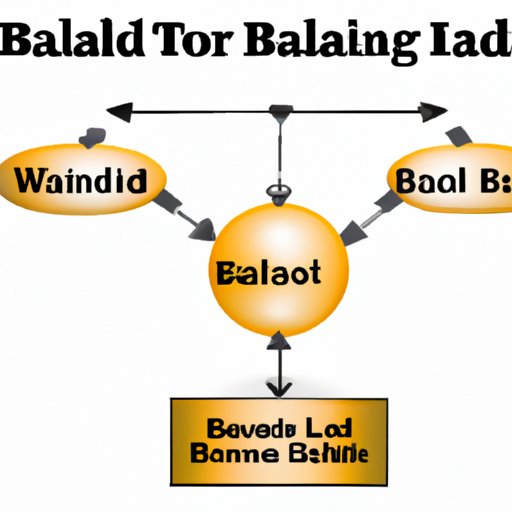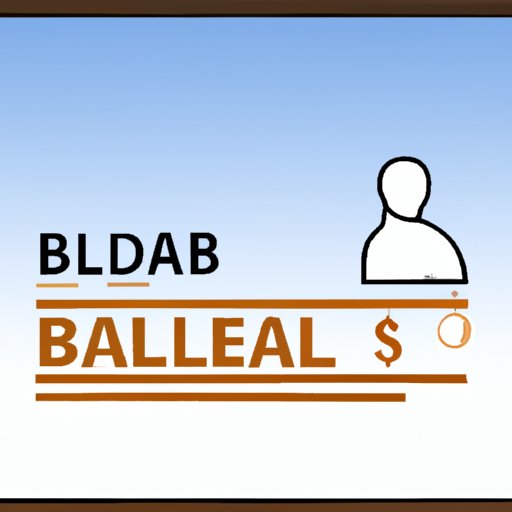Introduction
A bail bondsman is an individual who works with the court system to provide bail bonds for defendants who are unable to pay the full amount of their bail. This article will explore how bail bondsman work, what they do, and the financial and ethical considerations that come with utilizing a bail bondsman.
Exploring the Basics of How Bail Bondsman Work
A bail bond is a document that is signed by the defendant and a bail bondsman. The bond guarantees that the defendant will appear in court on the specified date and time. If the defendant fails to appear, then the bail bondsman is responsible for paying the full amount of the bond. It is important to note that there is a difference between bail and a bail bond. Bail is the set amount of money that must be paid to the court in order to secure the release of the defendant from jail, while a bail bond is the document that is used to guarantee the appearance of the defendant in court.
The role of a bail bondsman is to provide a financial guarantee to the court system that the defendant will appear in court. The bail bondsman typically charges a fee, or premium, for providing this service. The fee is typically 10% of the total amount of the bond. For example, if the bond is set at $10,000, then the bail bondsman will charge a fee of $1,000. This fee is non-refundable, even if the defendant appears in court as scheduled.

Breaking Down the Process of Obtaining a Bail Bond
When someone is arrested and taken into custody, they may be eligible for bail depending on the severity of their crime. In order to receive a bail bond, the defendant must meet certain criteria. Generally speaking, the defendant must have some form of collateral such as a home, car, jewelry, or other valuable assets. The defendant must also have a co-signer who is willing to assume responsibility for the bond if the defendant fails to appear in court.
There are several different types of bail bonds available to defendants. These include surety bonds, property bonds, and cash bonds. Surety bonds are the most common type of bail bond and require the defendant to provide a co-signer who agrees to assume responsibility for the bond if the defendant fails to appear in court. Property bonds require the defendant to put up collateral such as a car or home in order to secure the bond. Cash bonds require the defendant to pay the full amount of the bond in cash.
In addition to the requirements outlined above, there are also some financial implications associated with using a bail bondsman. As previously mentioned, the bail bondsman typically charges a fee, or premium, for providing the service. Additionally, the bail bondsman may require the defendant to pay additional fees such as court costs, administrative fees, and attorney’s fees.

Examining the Role of a Bail Bondsman in the Legal System
When working with a bail bondsman, it is important to understand the rights of the defendant as well as the responsibilities of the bail bondsman. The defendant has the right to remain silent, the right to an attorney, and the right to a speedy trial. The bail bondsman is responsible for ensuring that the defendant appears in court as scheduled and may take steps to ensure the defendant’s compliance.
It is also important to consider the ethical implications of working with a bail bondsman. The bail bondsman is obligated to treat the defendant fairly and ethically. The bail bondsman is also obligated to follow all laws and regulations regarding bail bonds.
Conclusion
Bail bondsman play an important role in the legal system by providing financial guarantees for defendants who are unable to pay their bail. This article has explored the basics of how bail bondsman work, the process of obtaining a bail bond, and the rights of the defendant and responsibilities of the bail bondsman. Additionally, this article has discussed the financial and ethical considerations of utilizing a bail bondsman.
(Note: Is this article not meeting your expectations? Do you have knowledge or insights to share? Unlock new opportunities and expand your reach by joining our authors team. Click Registration to join us and share your expertise with our readers.)
